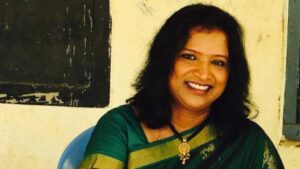6 Startups Going Beyond Traditional Tech Roles to Solve India’s Biggest Problems
From healthcare to construction, technology has the power to revolutionise sectors almost overnight. Meet the people doing just that.
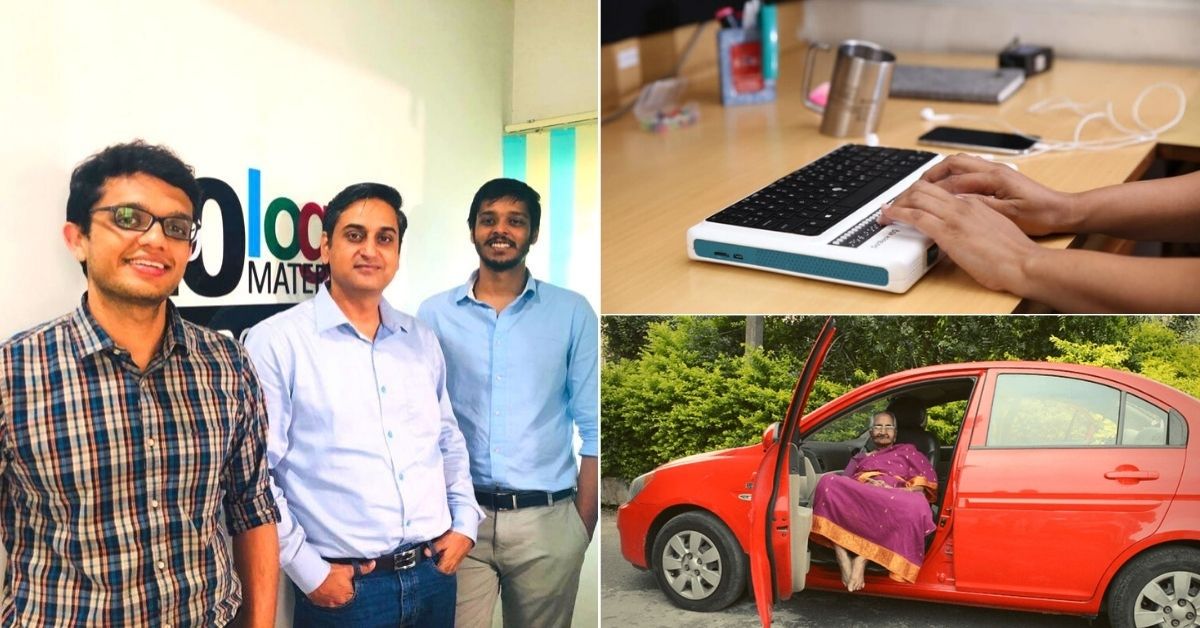
This article has been sponsored by Accenture
If there is one thing we all know about modern technology, it is this — nowadays, technology evolves at a rate unlike anything ever imagined. From healthcare to construction, education and entertainment, technology has the power to revolutionise sectors almost overnight. It has been making leaps over one challenge after another, sector by sector.
In India, this has been supported by the passion of individuals and organisations to create large-scale impact using the power of innovation and technology. These innovators and agencies have been advancing beyond the boxed definitions of various tech fields, going over and beyond all hurdles to create change.
In the last three years, Accenture and The Better India have closely worked together to recognise such changemakers.
This year we launched ‘Evolution of Solutions’, a futuristic dialogue on how technology can be used to tackle today and proactively solve tomorrow’s challenges. This was done with the help of stories of innovators, opinions by experts, and thought-provoking discussions to pave the path for a better tomorrow.
The individuals and organisations we put the spotlight on, have used technology to combat several pressing issues ailing our country’s well-being. Using AI, BigData Science, IoT, VR, Robotics and much more, they have not only revolutionised the various sectors responsible for national development but have also improved the world for our future generations.
Here are six such changemakers who are helping us be prepared today to solve the challenges of tomorrow.
1. Fluxgen Technologies

Do you know how much water went into making your favourite pair of jeans? About 7,600 litres.
Which means that it takes at least 22,500 litres of water to make 1 kg of jeans, according to a research conducted by Water Footprint Network. Now, this number increases considerably due to the inefficient use of water in Indian industries.
Ganesh Shankar, a 36-year-old entrepreneur realised this crisis and strived to find a solution through his startup, FluxGen Technologies.
Founded in 2011, this Bengaluru-based organisation uses IoT to provide water monitoring solutions to various industries. To do this, they came up with AquaGen — a water management system that allows enterprises to monitor and analyse water consumption, leakage and excessive usage. In the last four years, owing to this technology, they have been able to save around one billion litres of water.
2. SUN Mobility

In 2017, along with Uday Khemka, Chetan Maini started SUN Mobility with a vision to create an infrastructure that could aid the mass adoption of electric vehicles across India. To make this possible, they had to reduce the cost of electric cars and get a more sustainable solution for their batteries.
So they created smart IoT-enabled batteries, quick interchange stations to swap the batteries and an IoT network to integrate all of it seamlessly. Through this, they were able to provide refuelling that was not just cheaper and quicker than gasoline but also introduced cheaper e-vehicles.
Vehicles running on these swappable batteries have covered 2 million kilometres saving nearly 280 million grams of carbon dioxide emissions.
3. Dozee

Turtle Shell Technologies, a Bengaluru-based startup, created Dozee — a device to help people get better access to quality healthcare using accurate diagnosis.
Realising that despite innovations in telemedicine and better availability of ECG and blood pressure monitors in most health centres, there persisted a gap preventing people from getting the right test results well within time. They wanted to change the entire healthcare paradigm by facilitating a monitor that can track the early signs of various illnesses before a hospital visit.
A contact-free smart health monitor that can be easily slipped below one’s mattress, Dozee silently tracks the user’s entire health condition while they are deep in sleep. Through a few indicators present in the device, it assesses the user’s heart health, sleep condition and stress, and sends a comprehensive analysis to the Dozee app on their phones.
Using the AI-powered system, the application tracks the user’s heartbeat, stress levels, respiration, etc., to provide a 360° view of their health.
4. Log 9 Materials
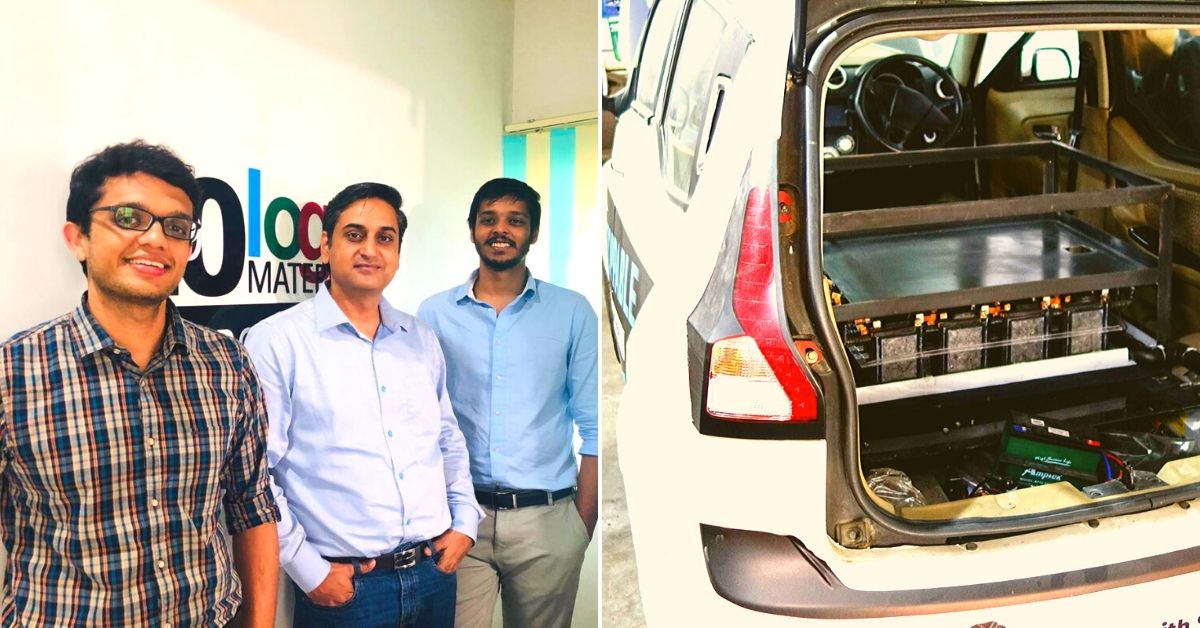
India’s e-mobility infrastructure is stuck in an operational conundrum. The lack of Indian-made lithium-ion batteries responsible for powering e-vehicles is causing a two-fold problem — limited access and high cost.
Addressing both these issues, Bengaluru-based nanotechnology company Log 9 Materials developed a sustainable alternative known as Aluminium Fuel Cells (AFCs).
Specialising in Graphene, Log 9’s AFCs not only provide a range that is five times better than an average lithium-ion battery but are also 30-40 per cent cheaper, easier to use and don’t need to be charged very often. These batteries offer a range of above 1,000 km, unlike their lithium-ion counterparts, which have a maximum range of 250 km only.
Their innovation and the zeal to revolutionise this sector is a giant leap towards a future of environmentally responsible self-reliance.
5. Vaahan
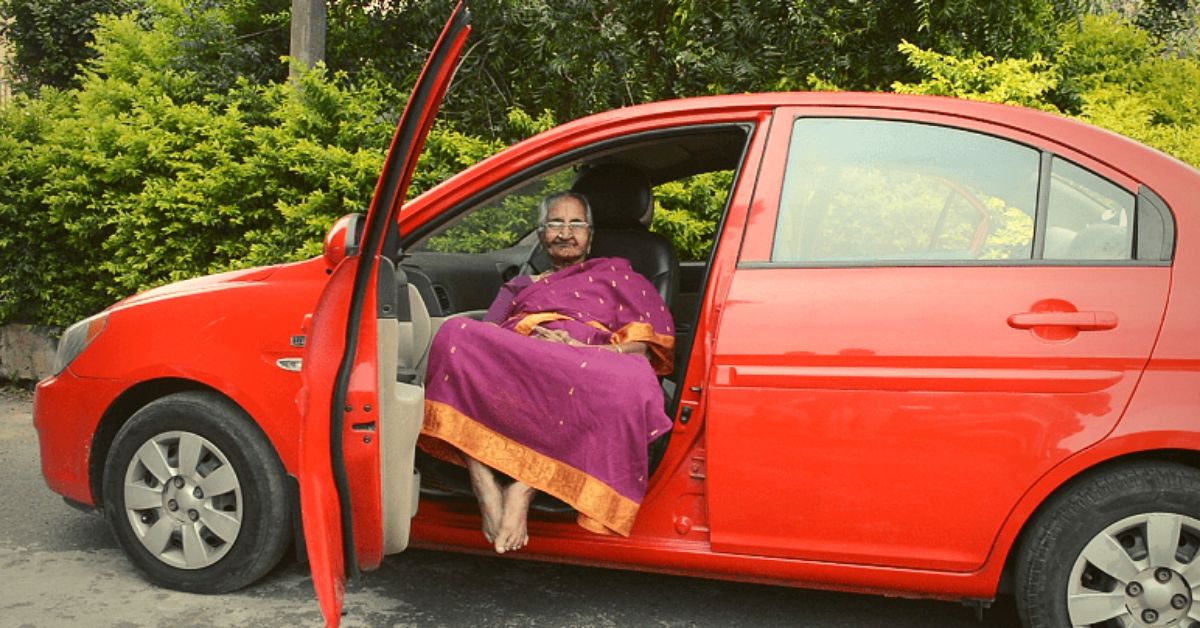
Ashwin Shreshta, 30, spent years on training and research in automotive engineering in Germany. But it was only when he returned home that he learnt the biggest lesson of his life — real innovation is always solution-centric and one that aims to create something substantial out of minimal resources.
Based on this principle his quest to create innovation with a purpose and potential for grassroots impact started in Puducherry. He created a swivel seat that helps differently-abled or the elderly users get in and out of cars with minimum effort. Named Caruna, he created this as part of his social enterprise, Vaahan.
“These seats fit into any vehicle and ensure accessibility, comfort, ergonomics and functionality in just one click. They automatically swivel out to enable wheelchair and walker transfers to the vehicle as conveniently as possible. This makes sure that a person’s back, thighs and the lower hip area are at a convenient position to promote good blood circulation even during long rides,” explains the innovator.
6. DotBook
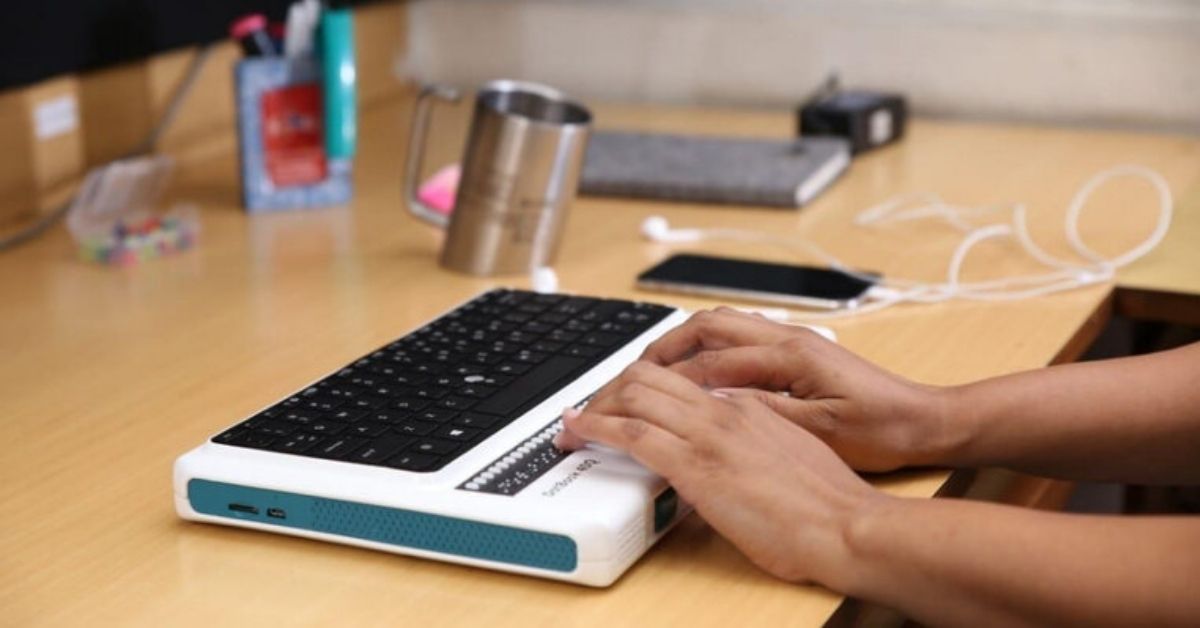
As a step towards social inclusivity and accessibility, a team of researchers at the Indian Institute of Technology (IIT)-Delhi developed a Braille laptop called DotBook. Their objective was to create independent access to digital content for the visually impaired.
Equipped with several conventional applications like email, calculator and web browser, the laptop comes in two variants with a refreshable Braille display.
The 40Q variant has 40 characters per line and features a conventional QWERTY keyboard along with a Braille keyboard, while the 20P variant has 20 characters in a line.
“The DotBook represents an excellent example of user-oriented applied research. It is a result of sustained efforts over four years of a multi-organisational team comprising academicians, two industry partners and a user organisation,” says the project leader Prof M Balakrishnan.
It is the impact of such innovation that Evolution of Solutions stands for. The campaign also brought forward a podcast series expounding on various technologies like Robotics, AI, Virtual reality and IoT and their use for social good. These talks include insights from multiple experts including Ashwini Asokan, co-founder of AI venture Mad Street Den, Ranjana Nair, CEO of Ray IoT Solutions and Geeta Manjunath, founder of Niramai Health Analytix that is developing a novel solution to detect early-stage breast cancer using machine learning.
This was accompanied by a webinar talking about how technology can change billions of lives. Speakers in the webinar included experts like Ritesh Singh, an IIT Delhi graduate whose company, Eckovation, is working to take education to the remotest corners of India; and Abhilasha Purwar who is using the power of technology to provide accurate real-time environmental data.
Their innovations have and will continue to mark the legacy of change that Accenture and The Better India has been showcasing for all these years. Their first year of honouring such changemakers and their innovative solutions was called Tech For Good, followed by Innovating For Society.
You can listen to all the podcast episodes and find out more about the campaign here.
This story made me
- 97
- 121
- 89
- 167
Tell Us More
We bring stories straight from the heart of India, to inspire millions and create a wave of impact. Our positive movement is growing bigger everyday, and we would love for you to join it.
Please contribute whatever you can, every little penny helps our team in bringing you more stories that support dreams and spread hope.







